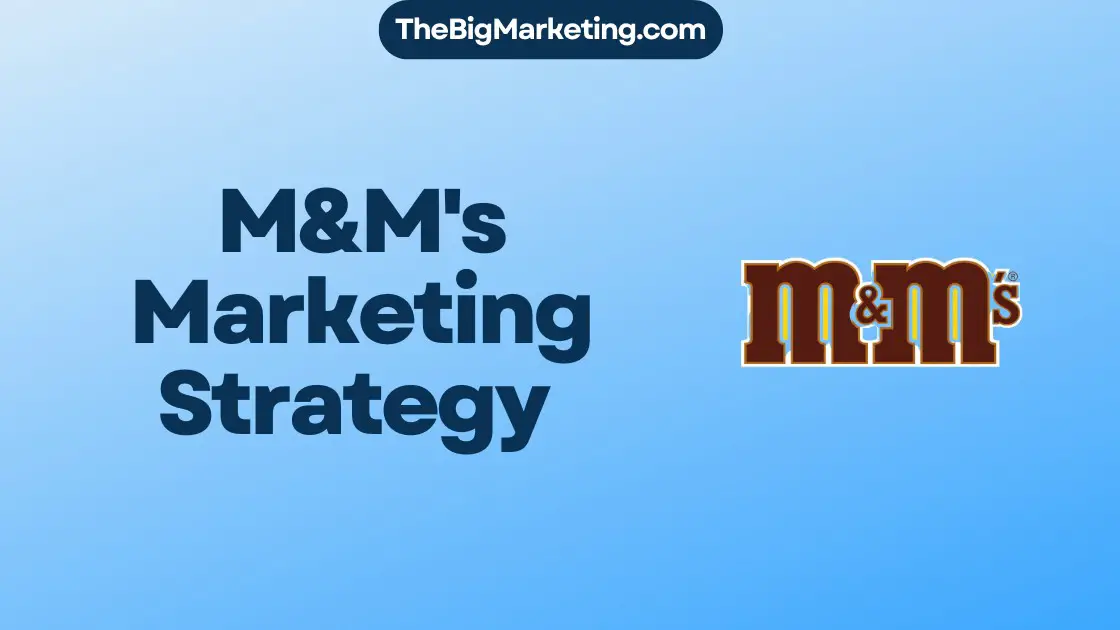Creating a successful marketing strategy in 2024 requires businesses to adapt to evolving consumer behaviors and technological advancements. As we move into the new year, companies must embrace innovative approaches that resonate with their target audiences while also prioritizing sustainability and authenticity in branding.
The marketing landscape is continuously changing, driven by technological advancements and shifts in consumer preferences. In 2024, businesses will need to leverage various strategies to stay competitive. Key trends include:
- Artificial Intelligence (AI): The integration of AI tools in marketing is set to revolutionize customer interactions. From chatbots to predictive analytics, AI can enhance personalization and efficiency, allowing brands to connect with consumers more effectively.
- Social Commerce: Platforms like TikTok and Instagram are becoming vital for e-commerce. Utilizing these platforms for direct sales can significantly increase brand visibility and engagement.
- Influencer Marketing: Authentic relationships with influencers are crucial. Brands should focus on micro-influencers who have a dedicated following and can create genuine connections with their audience.
Building Effective Marketing Strategies
To create an impactful marketing strategy, businesses should consider the following steps:
1. Define Your Target Audience
Understanding who your customers are is fundamental. Create detailed buyer personas that reflect your ideal customer’s demographics, interests, and pain points. This insight will guide your messaging and channel selection.
2. Embrace Data-Driven Decision Making
Utilize analytics tools to gather data on consumer behavior, campaign performance, and market trends. This information will help refine your strategies and improve ROI. For example, personalization efforts can be enhanced by analyzing customer data to deliver tailored content.
3. Focus on Sustainability
Incorporating sustainability into your brand identity can differentiate your business in a crowded market. Collaborating with a sustainability branding agency can help you develop eco-friendly practices that resonate with conscious consumers. Highlighting your commitment to sustainability not only builds trust but also attracts a growing segment of environmentally aware customers.
4. Create Engaging Content
Content marketing remains a cornerstone of effective strategies. Focus on storytelling that resonates with your audience’s values and experiences. High-quality content—whether blogs, videos, or podcasts—should be tailored for each platform to maximize engagement.
5. Leverage Video Marketing
Short-form videos are dominating social media platforms. Brands should invest in creating engaging video content that captures attention quickly and conveys messages effectively. Live streaming and interactive content can further enhance viewer engagement.
Implementing Innovative Tactics
1. Utilize Omnichannel Marketing
An omnichannel approach ensures that customers have a seamless experience across all touchpoints—online and offline. This strategy increases engagement rates significantly compared to single-channel efforts.
2. Invest in Paid Advertising
While organic reach remains important, paid social media advertising is essential for visibility in today’s algorithm-driven landscape. Allocate budget towards targeted ads on platforms where your audience spends their time.
3. Experiment with Emerging Technologies
Stay ahead of the curve by exploring new technologies such as augmented reality (AR) and virtual reality (VR). These tools can create immersive experiences that captivate consumers and enhance brand interaction.
Measuring Success
To evaluate the effectiveness of your marketing strategies, establish clear KPIs (Key Performance Indicators). Metrics such as conversion rates, customer acquisition costs, and engagement levels will provide insights into what’s working and what needs adjustment.
Conclusion
As we approach 2024, businesses must be proactive in adapting their marketing strategies to meet the demands of modern consumers. By leveraging AI, embracing social commerce, focusing on sustainability through partnerships with agencies like a SaaS branding agency, and creating authentic connections through influencer marketing, companies can position themselves for success.
Incorporating these elements into a cohesive marketing strategy will not only drive sales but also foster long-term relationships with customers who value authenticity and sustainability in their purchasing decisions. The future of marketing lies in understanding consumer needs while innovating continuously to meet those demands effectively.







